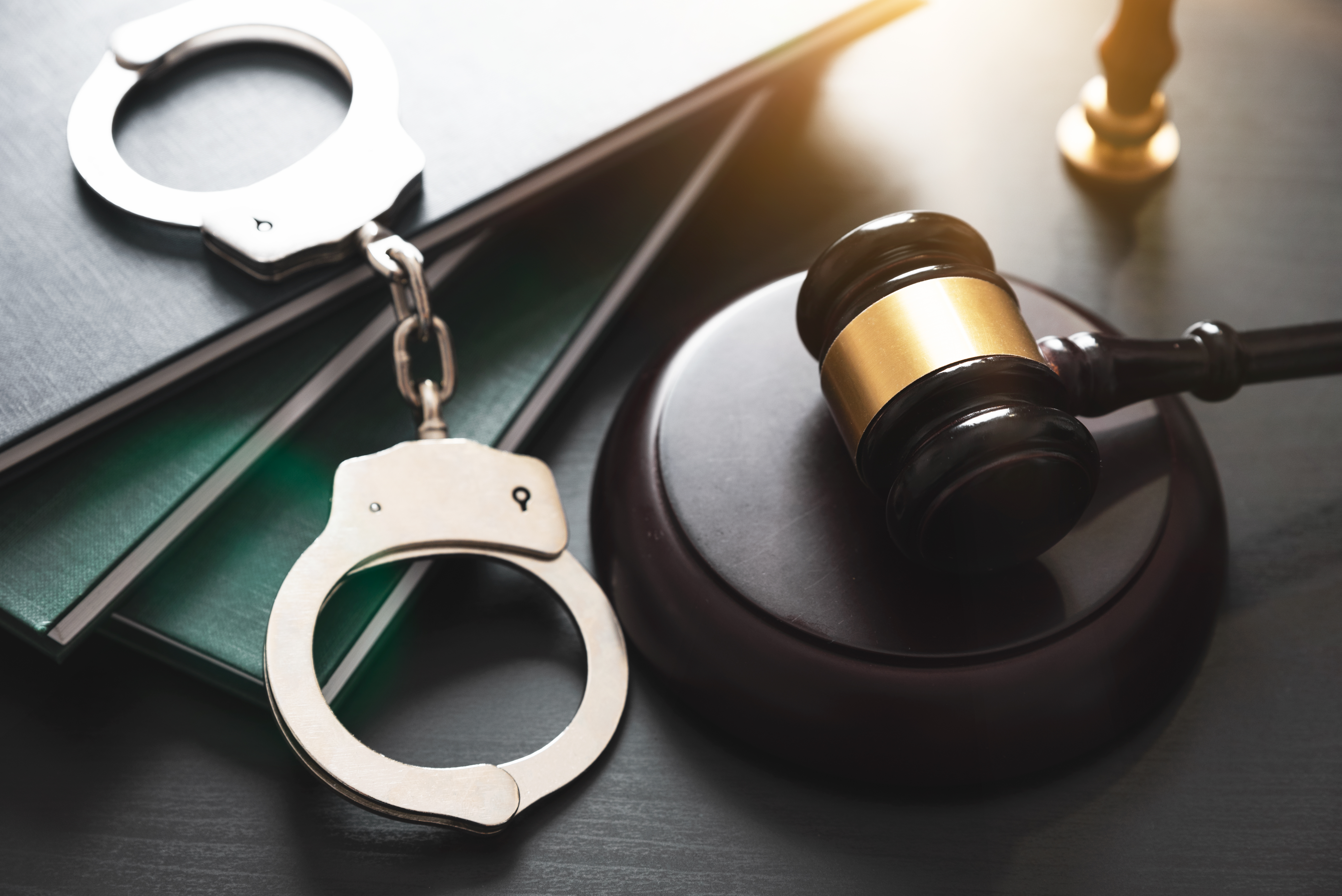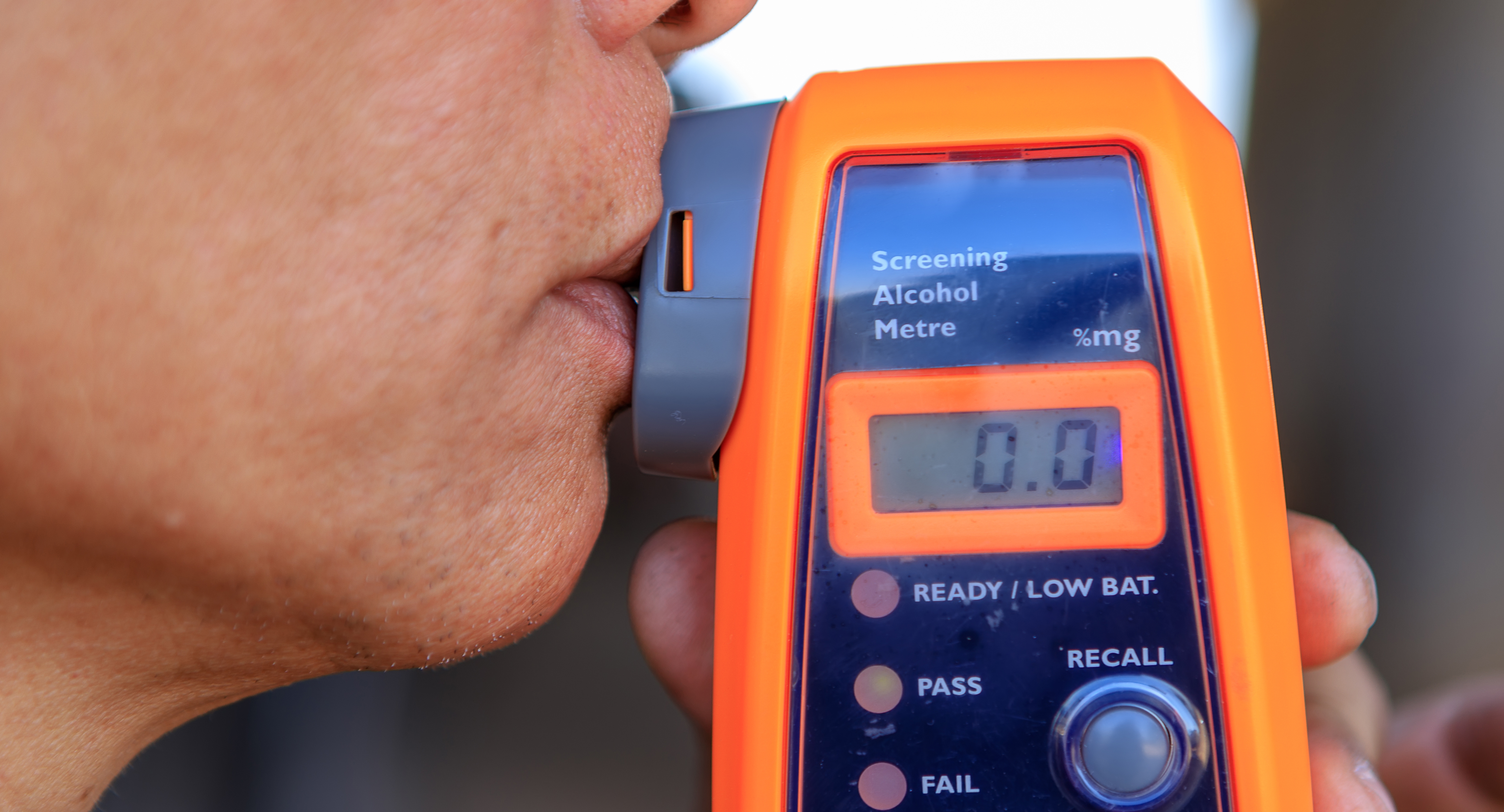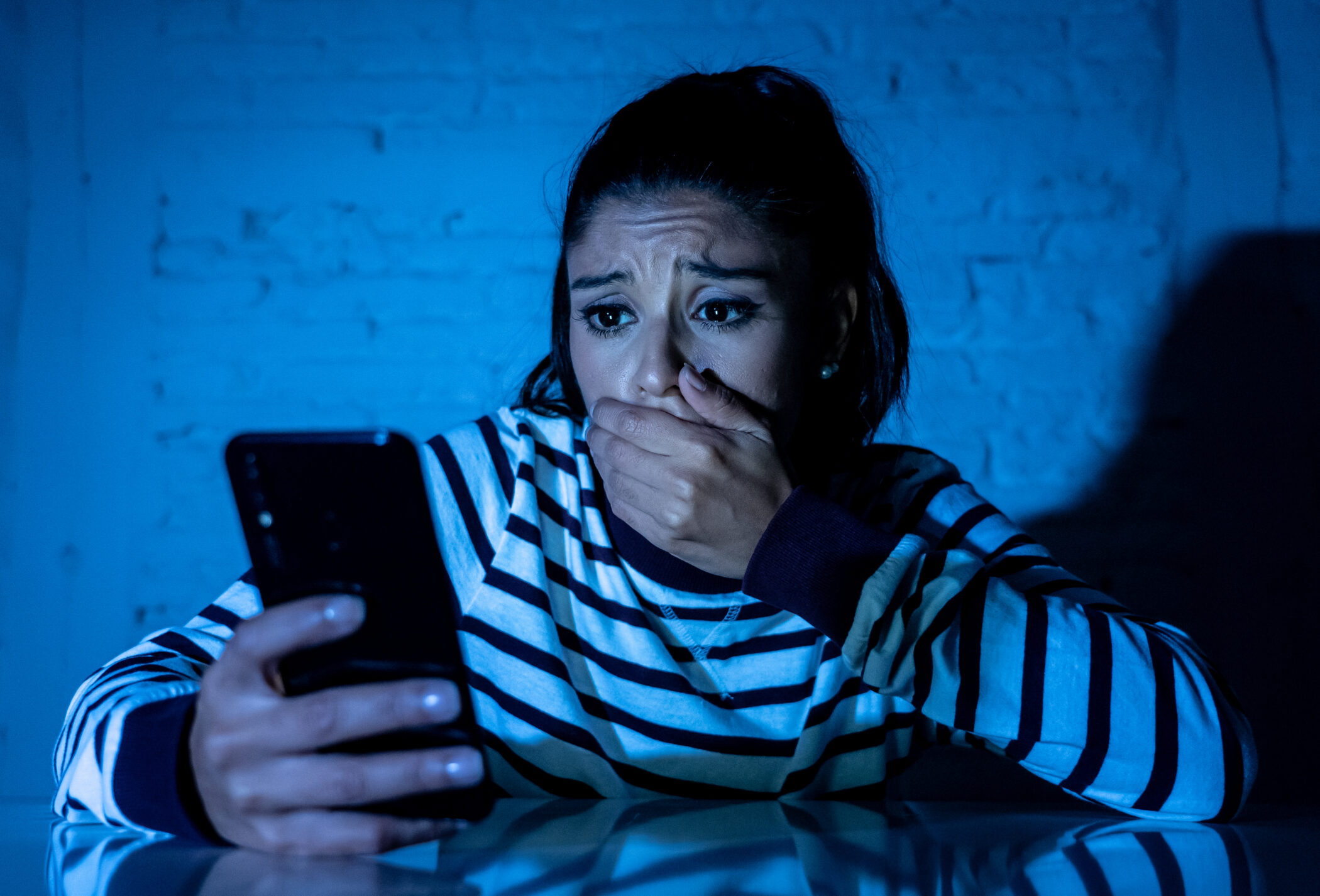Buying alcohol in Texas requires a bit of planning. State law tightly regulates when you can purchase beer, wine, and liquor—and the hours vary depending on the type of alcohol and whether you’re buying it in a store, a bar, or a restaurant. Texas also bans liquor sales entirely on Sundays and major holidays, which often surprises new residents and visitors.
Key Takeaways
- Retail stores can sell beer and wine from 7 a.m. to midnight Monday to Friday, and until 1 a.m. on Sunday.
- Liquor stores must close by 9 p.m. and cannot operate on Sundays or major holidays.
- Bars and restaurants may serve alcohol until 2 a.m. in most areas and can serve on Sundays beginning at 10 a.m. with food service, or noon without food service.
Here is a quick summary of when alcohol is sold in Texas:
| Alcohol Type | Store Hours | Bar / Restaurant Hours |
|---|---|---|
| Beer / Wine | Mon-Fri: 7 am to midnight Sat: 7 am to 1 am Sun: 10 am to midnight |
Mon-Fri: 7 am to 2 am Sat: 7 am to 2 am Sun: 10 am to 2 am* |
| Liquor | Mon-Fri: 10 am to 9 pm Sat: 10 am to 9 pm Sun: No Sales |
Mon-Fri: 7 am to 2 am Sat: 7 am to 2 am Sun: 10 am to 2 am* |
*Food service required with alcohol between 10 a.m. and noon.
Source: Texas Alcoholic Beverage Commission, excludes holidays
Grocery & Convenience Stores (Beer and Wine Only)
Texas grocery stores, gas stations, and convenience stores hold off-premise beer/wine permits, meaning they can sell alcohol only for take-home consumption. They do not sell liquor.
Beer and wine store hours:
- Monday through Friday: 7 a.m. to midnight
- Saturday: 7 a.m. to 1 a.m. (Sunday morning)
- Sunday: 10 a.m. to midnight
Restaurants & Bars (Beer, Wine, and Liquor)
Bars and restaurants hold on-premise licenses, allowing them to sell all types of alcohol for on-site consumption.
Standard service hours:
- Monday through Friday: 7 a.m. to midnight
- Saturday: 7 a.m. to 1 a.m. (Sunday morning)
- Sunday:
- 10 a.m. to noon: Alcohol allowed only with food
- Noon to midnight: Alcohol may be sold without food
Locations with a Late Hours Permit can serve until 2 a.m. any night of the week.
Hotel Bars
Registered hotel guests may be served 24/7, provided the hotel qualifies as having a regularly operated dining room. Hotels that do not meet this requirement are restricted to the same hours as restaurants and bars.
Wineries
Texas wineries may sell wine:
- Monday through Saturday: 8 a.m. to midnight
- Sunday: 10 a.m. to midnight
Sports Venues, Festivals, Fairs & Concerts
Most event venues follow standard beer and wine sales hours:
- Monday through Friday: 7 a.m. to midnight
- Saturday: 7 a.m. to 1 a.m. (Sunday morning)
- Sunday: 10 a.m. to midnight
Texas’s Sunday Liquor Ban
Texas prohibits all liquor sales on Sundays and on several major holidays under Chapter 105 of the Texas Alcoholic Beverage Code. Liquor stores must remain closed on:
- Sunday
- Thanksgiving Day
- Christmas Day
- New Year’s Day
- The following Monday, if New Year’s Day or Christmas falls on a Sunday
Blue Laws and Legal Background
Texas’s liquor restrictions are a remnant of historical “blue laws,” which initially barred various commercial activities on Sundays for religious reasons. Although many blue laws were repealed decades ago, the alcohol-related provisions remain largely intact, particularly for liquor sales.
Frequently Asked Questions
What is a Blue Law in Texas?
Blue laws prohibit specific activities on Sundays, typically for religious reasons, including the sale of liquor.
What is the legal drinking age in Texas?
21. Minors may consume alcohol only in the presence of a parent, guardian, or spouse 21 or older.
Why doesn’t Texas sell liquor on Sundays?
Due to longstanding blue laws, as specified by Chapter 105 of the Texas Alcoholic Beverage Code.




